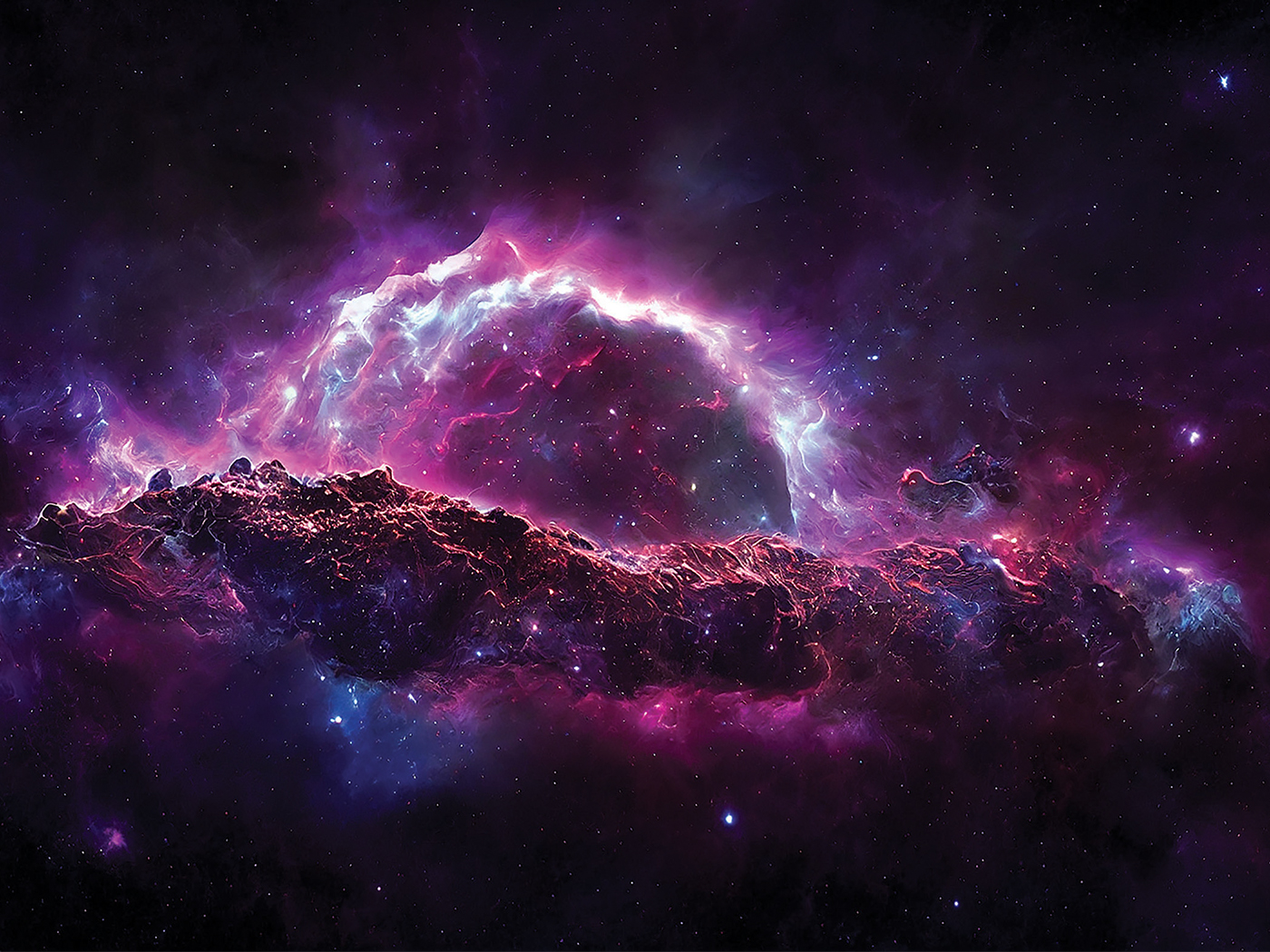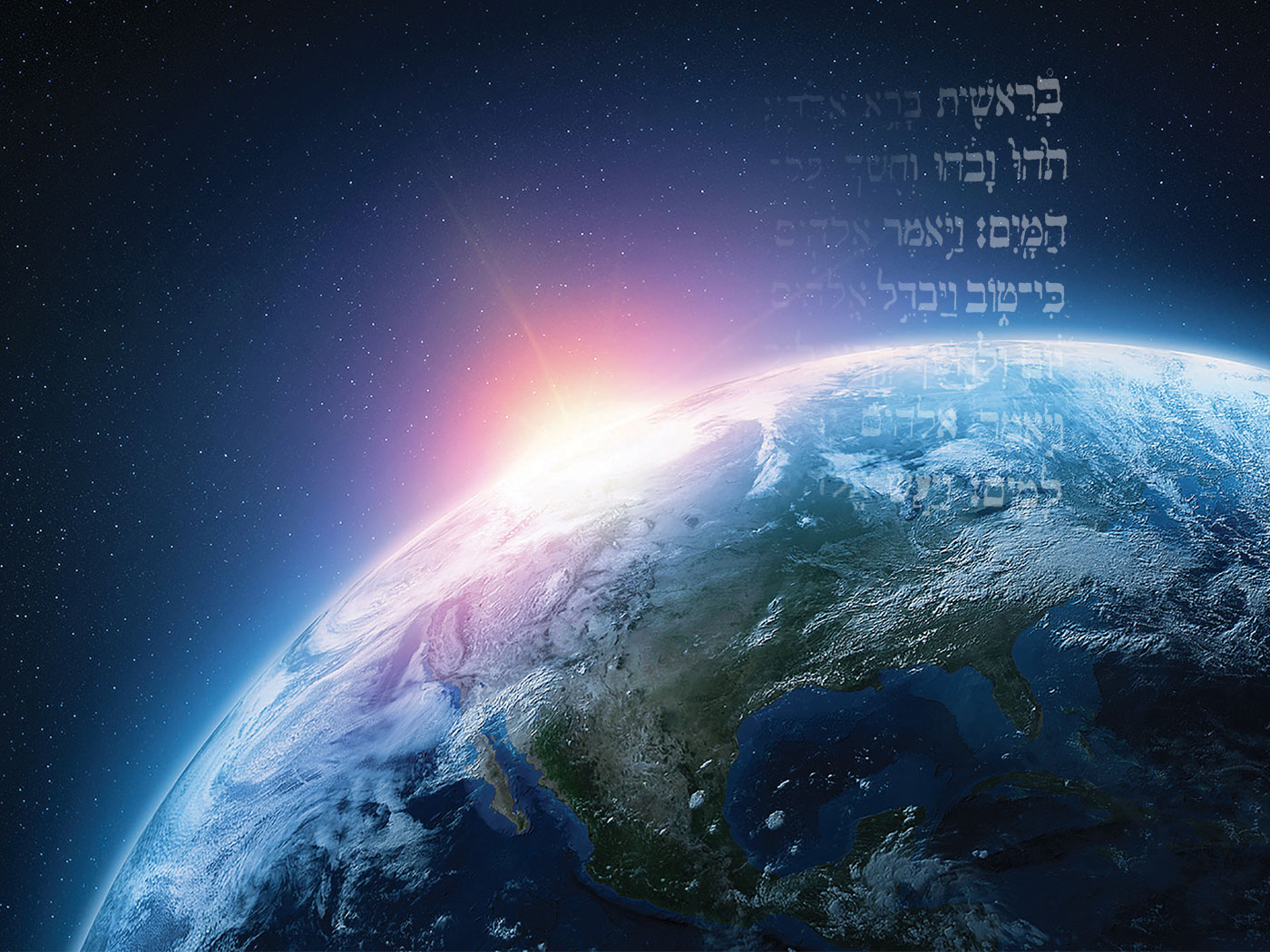Secular geologists have long claimed that oil can survive millions of years underground because it somehow becomes pasteurized at 80 oC (176 oF), preventing further biodegradation.1 These geologists argue that oil can be preserved for millions of years because the subsurface temperatures are simply too hot for microbial activity. And once the oil is pasteurized (heated enough to destroy microorganisms) and the rocks are sterilized by high heat, it will all somehow remain pristine for eons of time.
However, a recent announcement detailing the results of a 10-year study involving 1,200 scientists from 52 countries has challenged that pasteurized notion.2 These scientists collected numerous samples from multiple wells drilled over 3.1 miles (16,400 feet) deep. They found vast quantities of deep life existing in the subsurface.
They estimated that this underground ecosystem takes up a volume greater than twice the size of all the world’s oceans and weighs hundreds of times more than the combined weight of every person on Earth.2
Their results suggest that about 70% of the earth’s microbiota (bacteria and archaea) lives in the subsurface at temperatures of up to 250 oF—well above the boiling point of water at sea level.1
The Guardian reported:
These findings demonstrate that life can and does thrive at extreme temperatures in the earth. Microorganisms like bacteria do not disappear deep underground. In fact, they exist everywhere we have looked or drilled, regardless of depth or temperature.
It appears the notion of old oil is a fantasy built on nothing but assumptions. And these assumptions are now shown to be false. There is no such thing as pasteurized oil.
Oil comes from marine algae, buried rapidly in the global Flood just thousands of years ago. ![]()
Oil comes from marine algae, buried rapidly in the global Flood just thousands of years ago.3,4 If Earth were truly millions of years old, then oil reserves around the world should have been destroyed by bacterial action long ago, and the geological overpressured zones we still find today would have long since dissipated.
We know that oil at the surface is quickly consumed by bacterial action—literally eaten—like in the 2010 Deepwater Horizon oil spill in the Gulf of Mexico.5 Bacteria live everywhere, and will consume the organics that are available. Like soft tissue in dinosaur bones, oil cannot last for millions of years.
References
1. Wilhelms, A. et al. 2001. Biodegradation of oil in uplifted basins prevented by deep-burial sterilization. Nature. 411(6841): 1034-1037.
2. Watts, J. 2018. Scientists identify vast underground ecosystem containing billions of microorganisms. Posted on theguardian.com on December 10, 2018, accessed December 13, 2018.
3. Clarey, T. 2013. Oil, Fracking, and a Recent Global Flood. Acts & Facts. 42 (10): 14-15.
4. Clarey, T. 2014. Rapidly Forming Oil Supports Flood Timeframe. Acts & Facts. 43 (3): 14-15.
5. Foley, J. A. Oil From Deepwater Horizon Spill Broken Down By Hungry Ocean Bacteria, Researcher Says. Nature World News. Posted on natureworldnews.com April 8, 2013, accessed August 15, 2013.
Stage image: A nematode (eukaryote) in a biofilm of microorganisms, an unidentified nematode (Poikilolaimus sp.) which lives 1.4 km below the surface.
Stage image credit: Copyright © 2018. G. Borgonie/APF/Getty Images. Used in accordance with federal copyright (fair use doctrine) law. Usage by ICR does not imply endorsement of copyright holder.
*Dr. Tim Clarey is Research Associate at ICR and earned a doctorate in geology from Western Michigan University.







